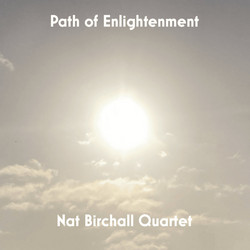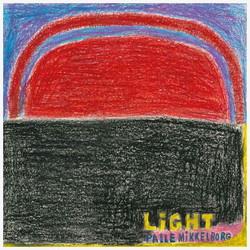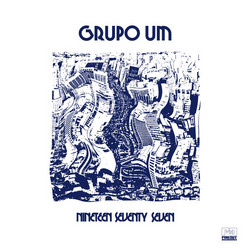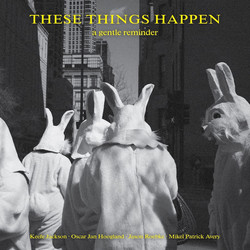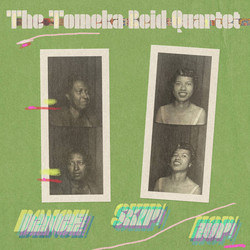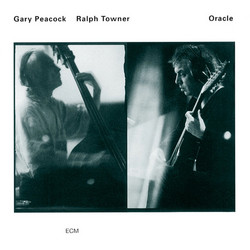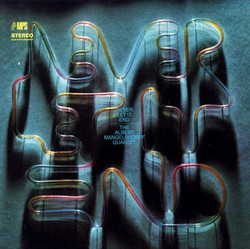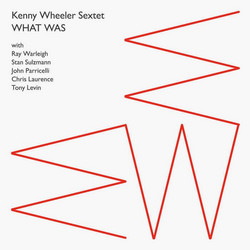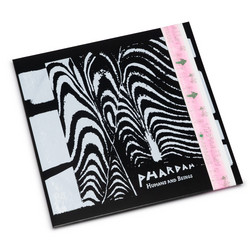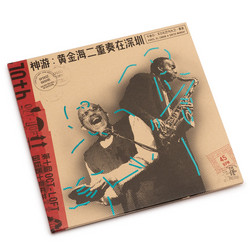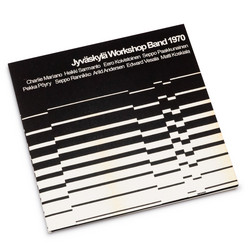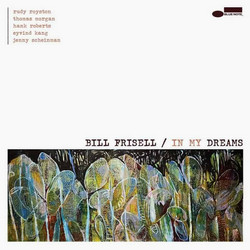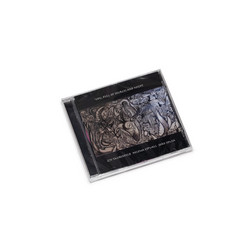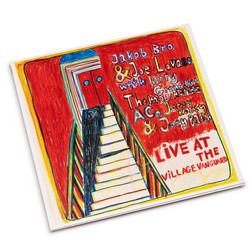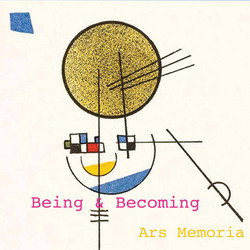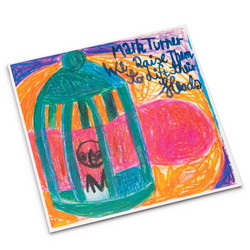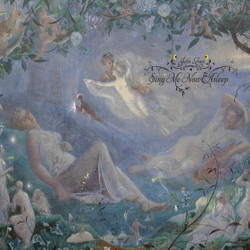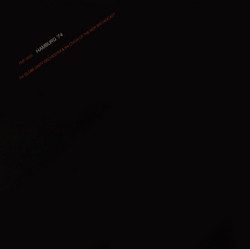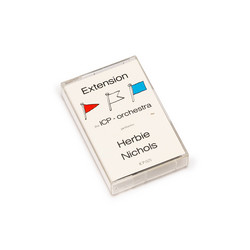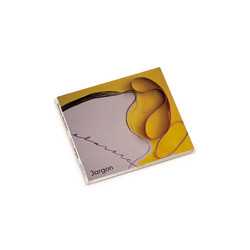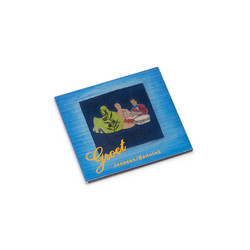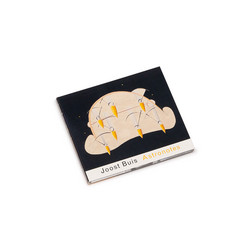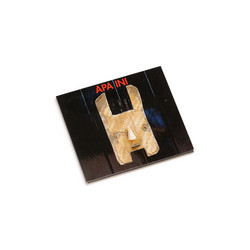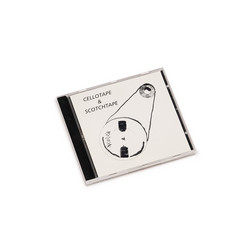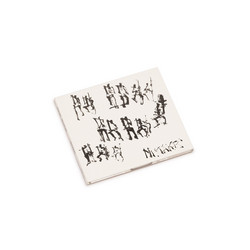2025 stock In the shadowy interstices of contemporary jazz and free improvisation, Slang by Elastic Jargon emerges as a document of restless inquiry and coded communication. Released on the Dutch label Data in 2010, the album is a cryptic dispatch from the margins, where genre boundaries are not so much blurred as actively subverted
Elastic Jargon—true to their name—stretch the language of jazz until it snaps, then reassemble the fragments into something at once familiar and alien. The group’s approach is steeped in the tradition of free jazz and contemporary classical, but their execution is anything but reverent. Instead, Slang traffics in the argot of the avant-garde: abrupt shifts, fractured motifs, and a conversational interplay that feels as much like streetwise banter as it does musical dialogue.
The record’s palette is broad, veering from moments of sparse, almost forensic investigation to sudden bursts of collective intensity. Each track feels like a coded message, a slang term whose meaning is only partially revealed, demanding active interpretation from the listener. The musicians operate with the wary alertness of characters in a David Simon script—each phrase loaded, every silence pregnant with implication.
Slang is not an album that offers easy answers. Instead, it invites the listener to decode its signals, to find meaning in the spaces between the notes. In the world of Elastic Jargon, language is elastic, and music is a game played on the edge of comprehension—a fitting soundtrack for those who know that, in the game, “it’s all in the slang.”

